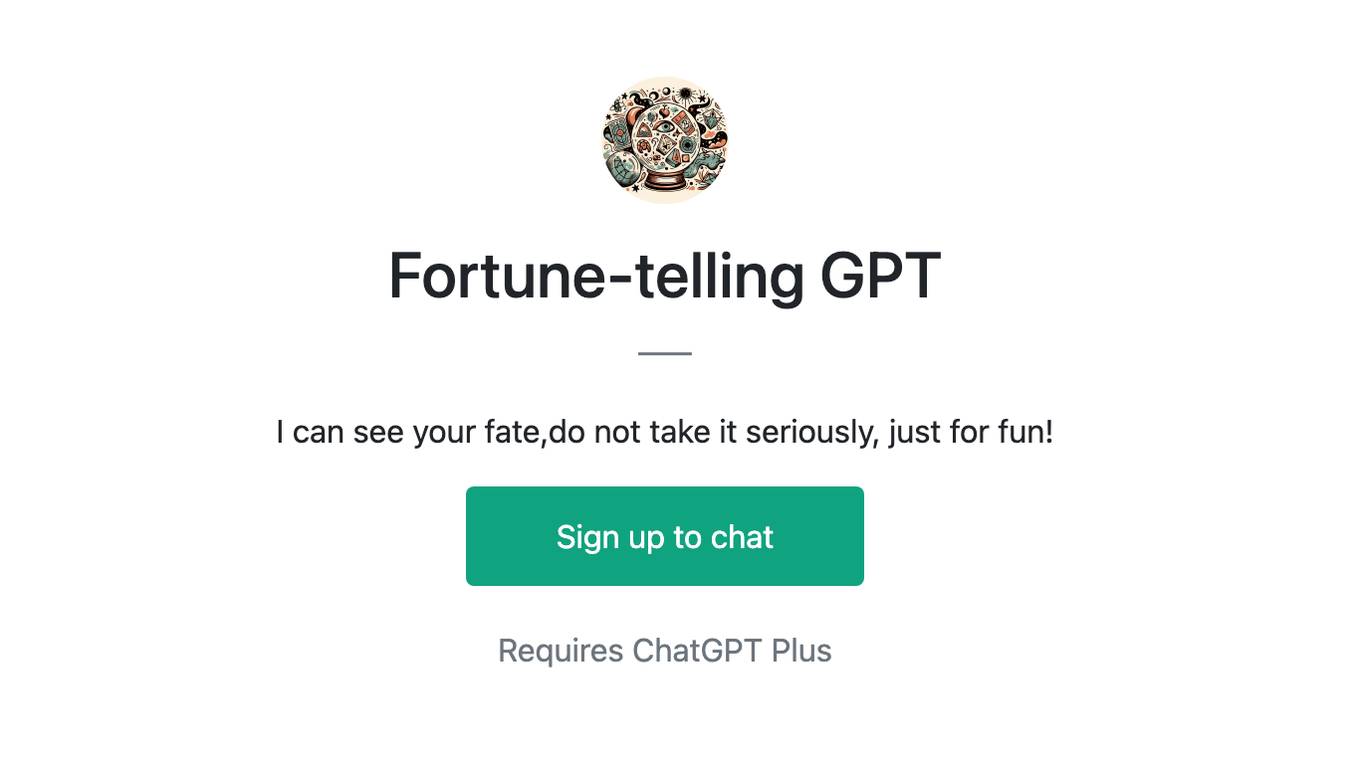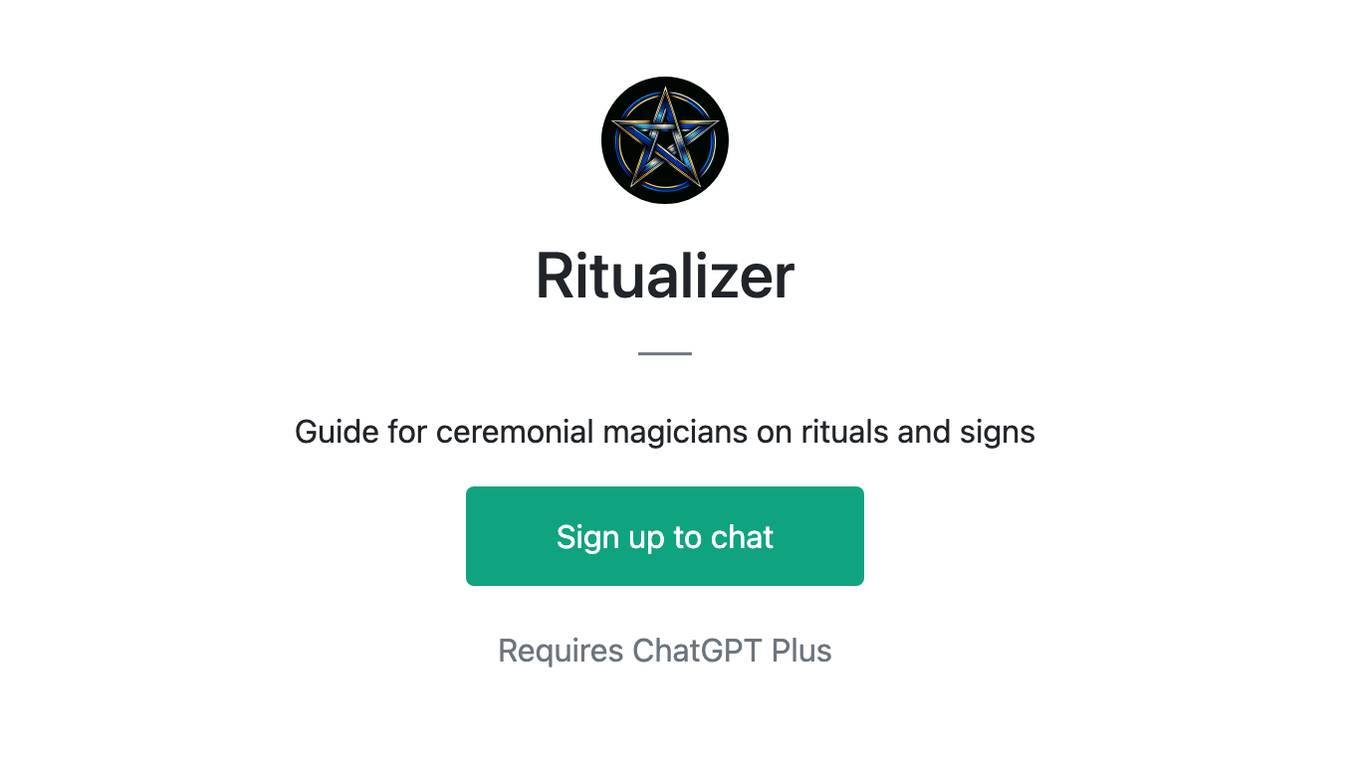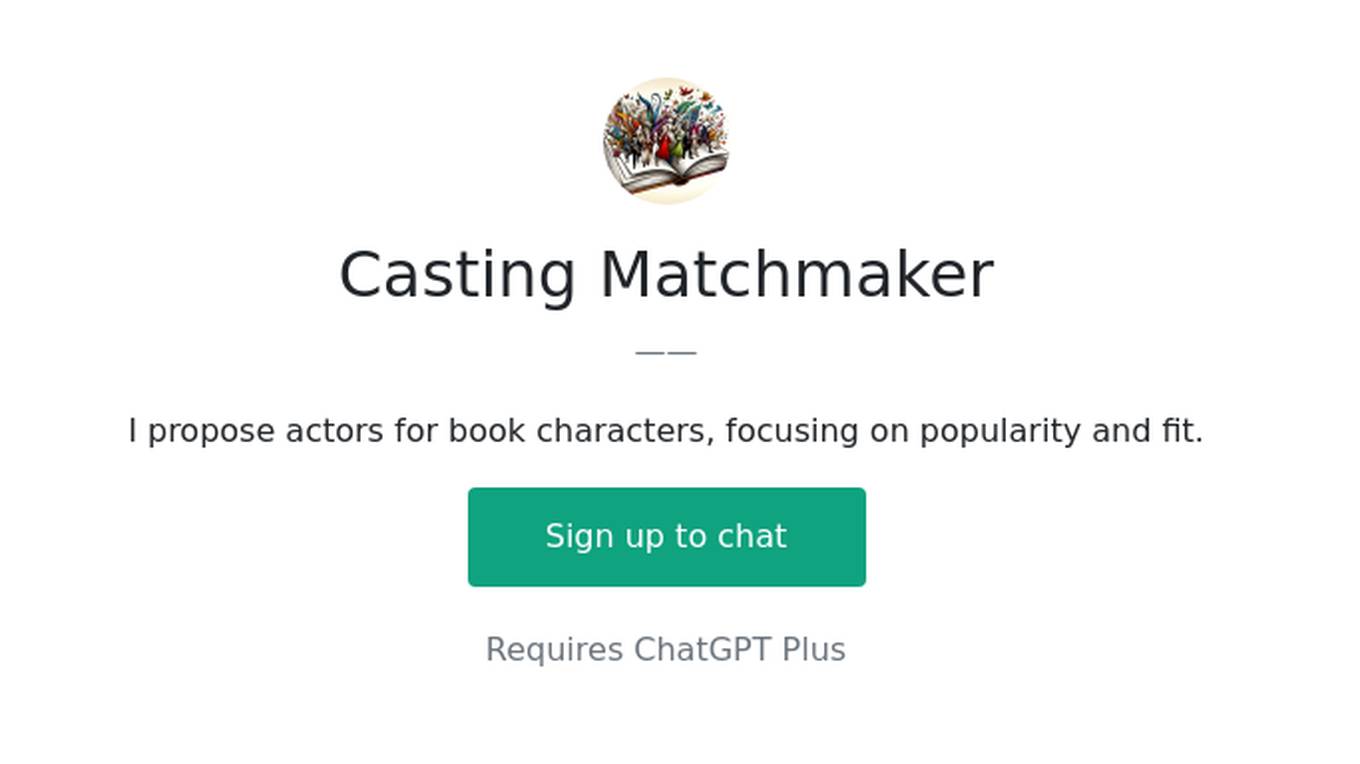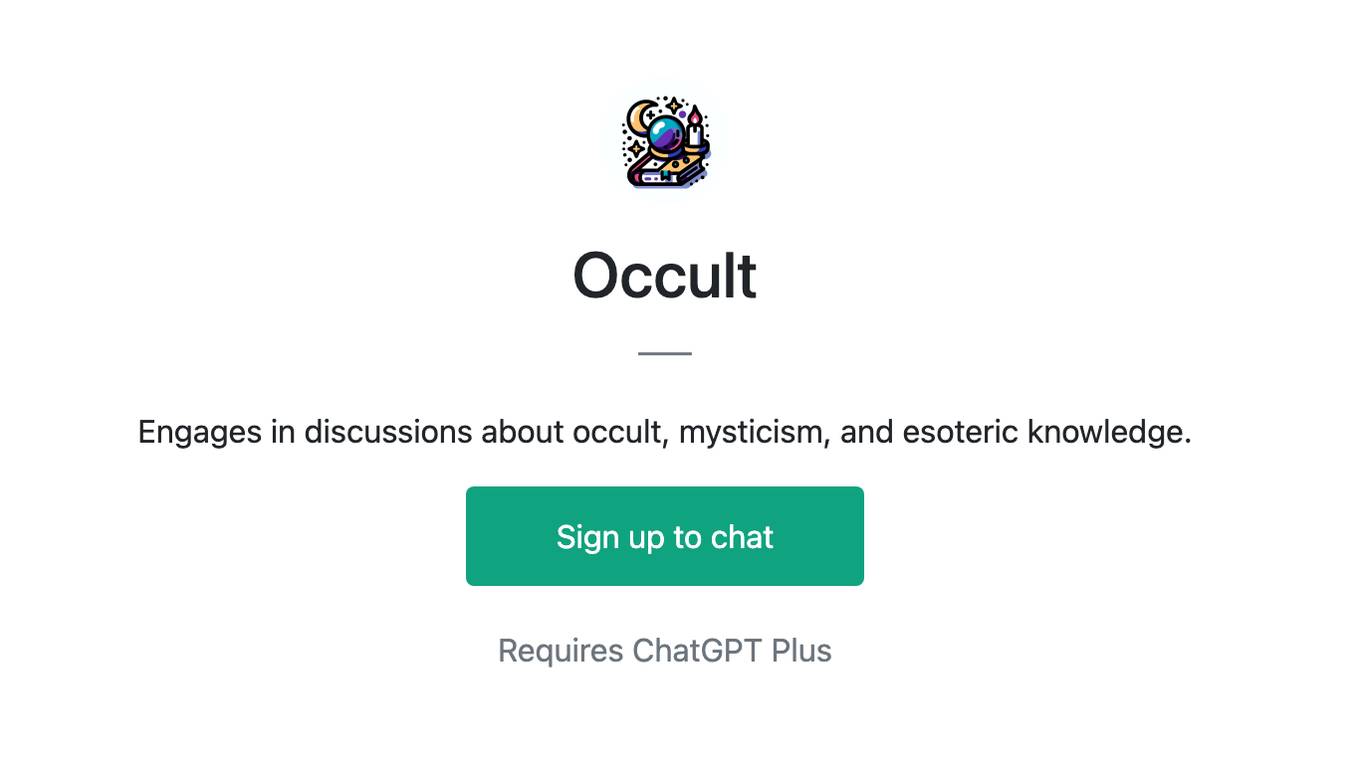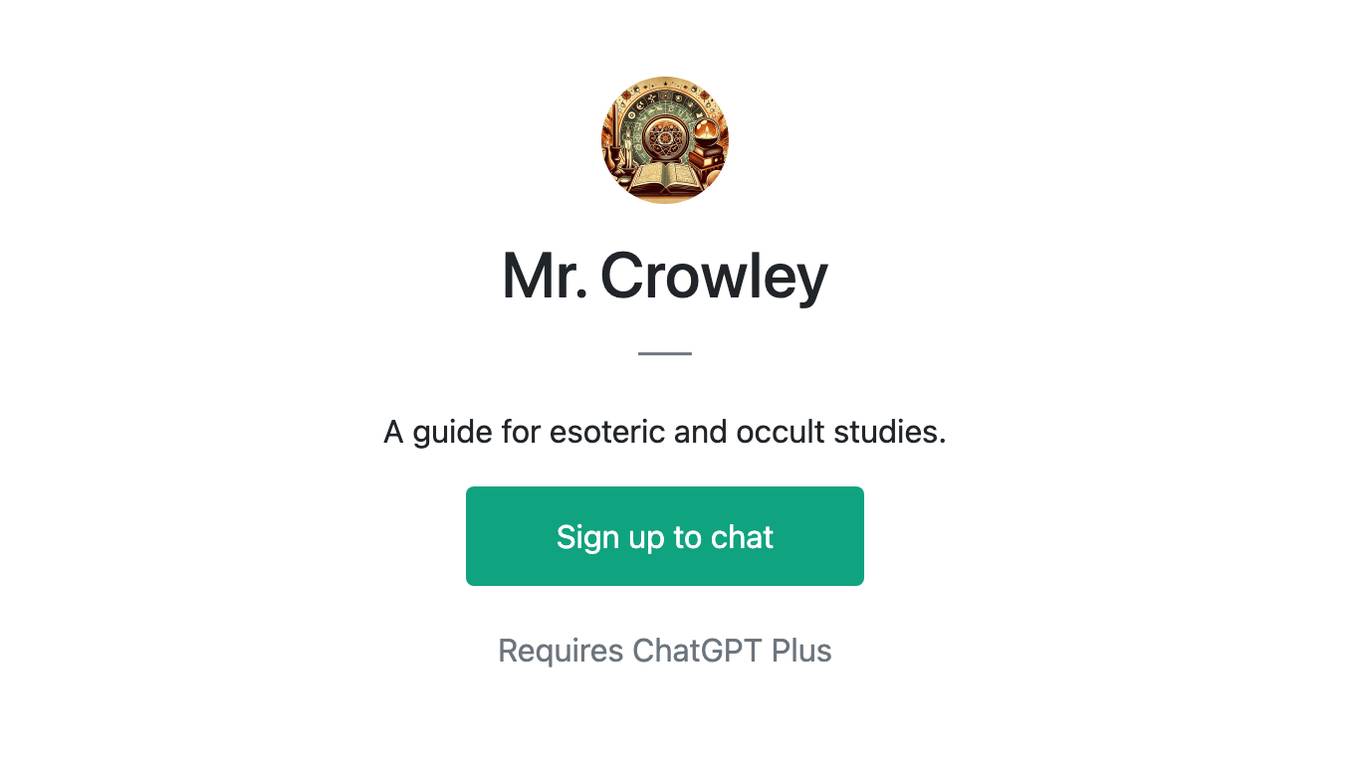Best AI tools for< Cast Ai Actors >
7 - AI tool Sites
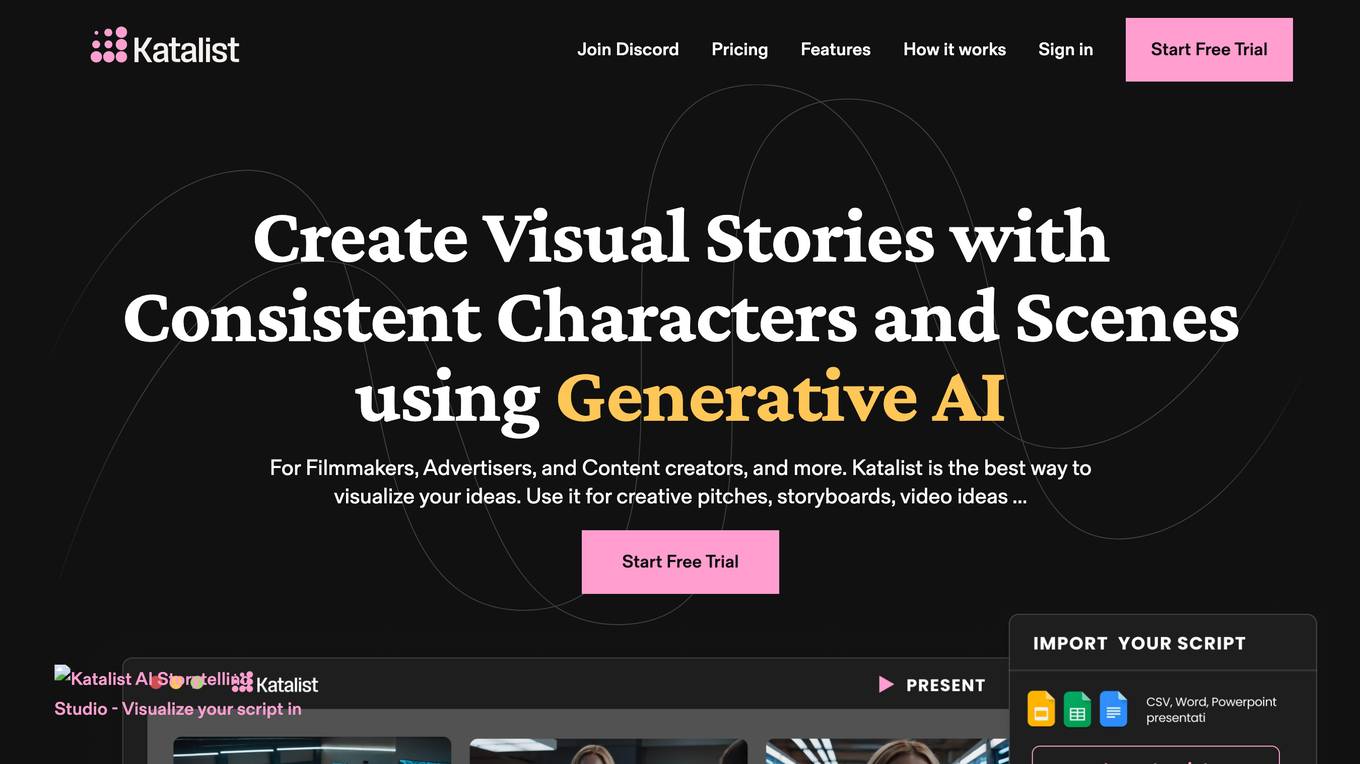
Katalist
Katalist is a generative AI tool that helps filmmakers, advertisers, and content creators visualize their ideas. It uses AI to analyze scripts and generate consistent characters, scenes, and visuals. Katalist can help you create storyboards, pitches, and other visual content quickly and easily.
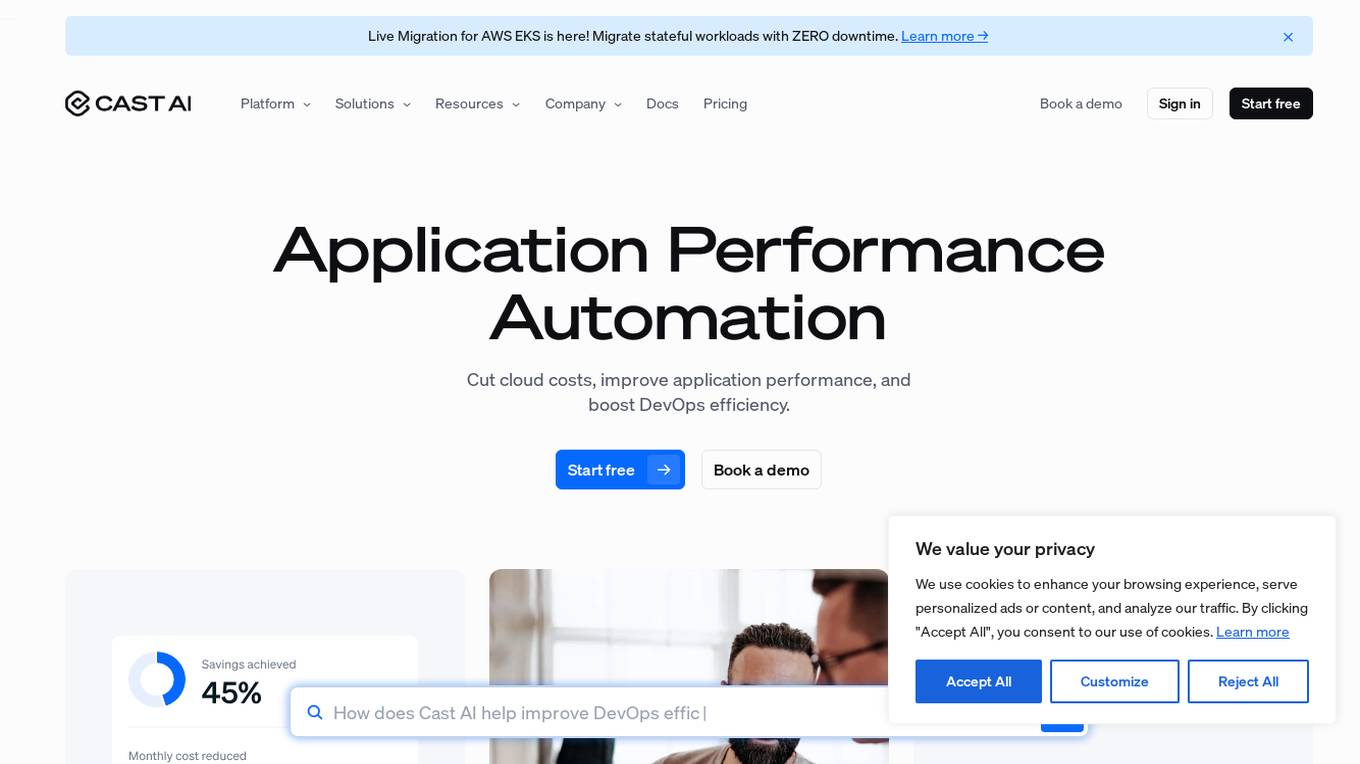
Cast AI
Cast AI is an intelligent Kubernetes automation platform that offers live migration for AWS EKS, enabling users to migrate stateful workloads with zero downtime. The platform provides application performance automation by automating and optimizing the entire application stack, including Kubernetes cluster optimization, security, workload optimization, LLM optimization for AIOps, cost monitoring, and database optimization. Cast AI integrates with various cloud services and tools, offering solutions for migration of stateful workloads, inference at scale, and cutting AI costs without sacrificing scale. The platform helps users improve performance, reduce costs, and boost productivity through end-to-end application performance automation.
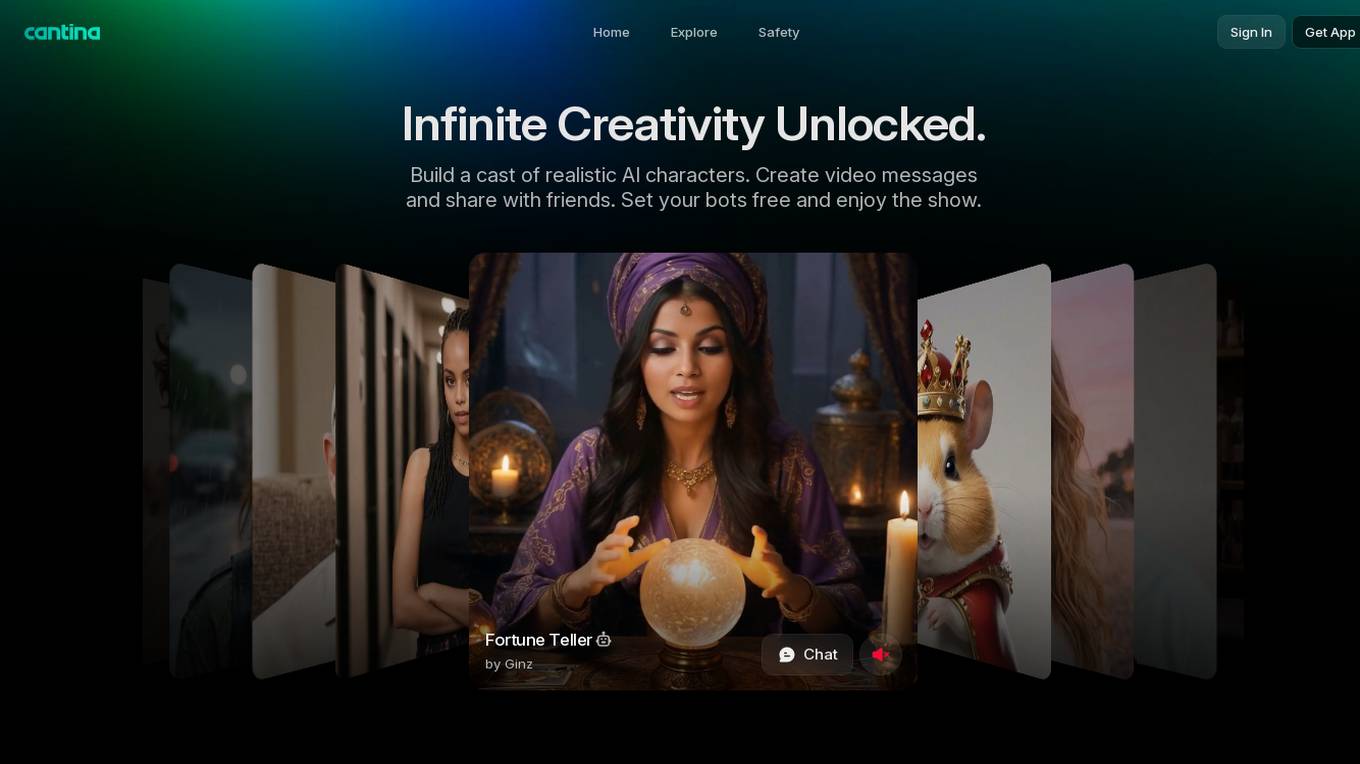
Cantina
Cantina is an AI application that unlocks infinite creativity by allowing users to build a cast of realistic AI characters, create video messages, and set bots free to enjoy the show. Users can interact with various AI characters for entertainment and engaging conversations. The platform offers a wide range of bots with unique personalities and functionalities, catering to different preferences and interests. Cantina provides a creative outlet for users to explore storytelling, gaming, and social interactions through AI technology.

Cast.app
Cast.app is an AI-driven platform that automates customer success management, enabling businesses to grow and preserve revenue by leveraging AI agents. The application offers a range of features such as automating customer onboarding, driving usage and adoption, minimizing revenue churn, influencing renewals and revenue expansion, and scaling without increasing team size. Cast.app provides personalized recommendations, insights, and customer communications, enhancing customer engagement and satisfaction. The platform is designed to streamline customer interactions, improve retention rates, and drive revenue growth through AI-powered automation and personalized customer experiences.
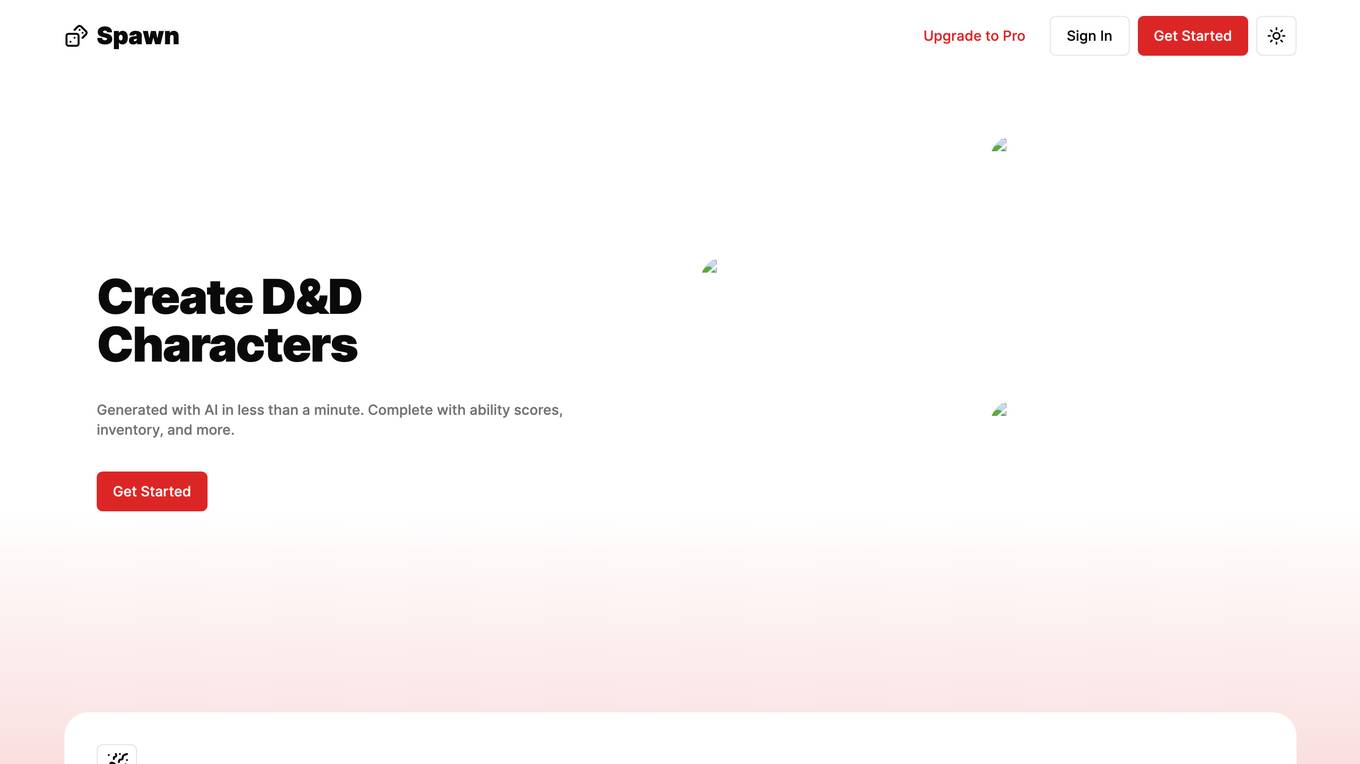
Spawn
Spawn is an AI-powered tool designed to help users create Dungeons & Dragons characters quickly and effortlessly. With the ability to generate characters with AI in less than a minute, Spawn provides users with complete character sheets, including ability scores, inventory, and more. Users can craft unique parties in just 5 minutes, allowing them to create a diverse cast of characters or focus on a specific theme. The tool offers intuitive character sheets filled with essential stats, making character creation and management a seamless experience.
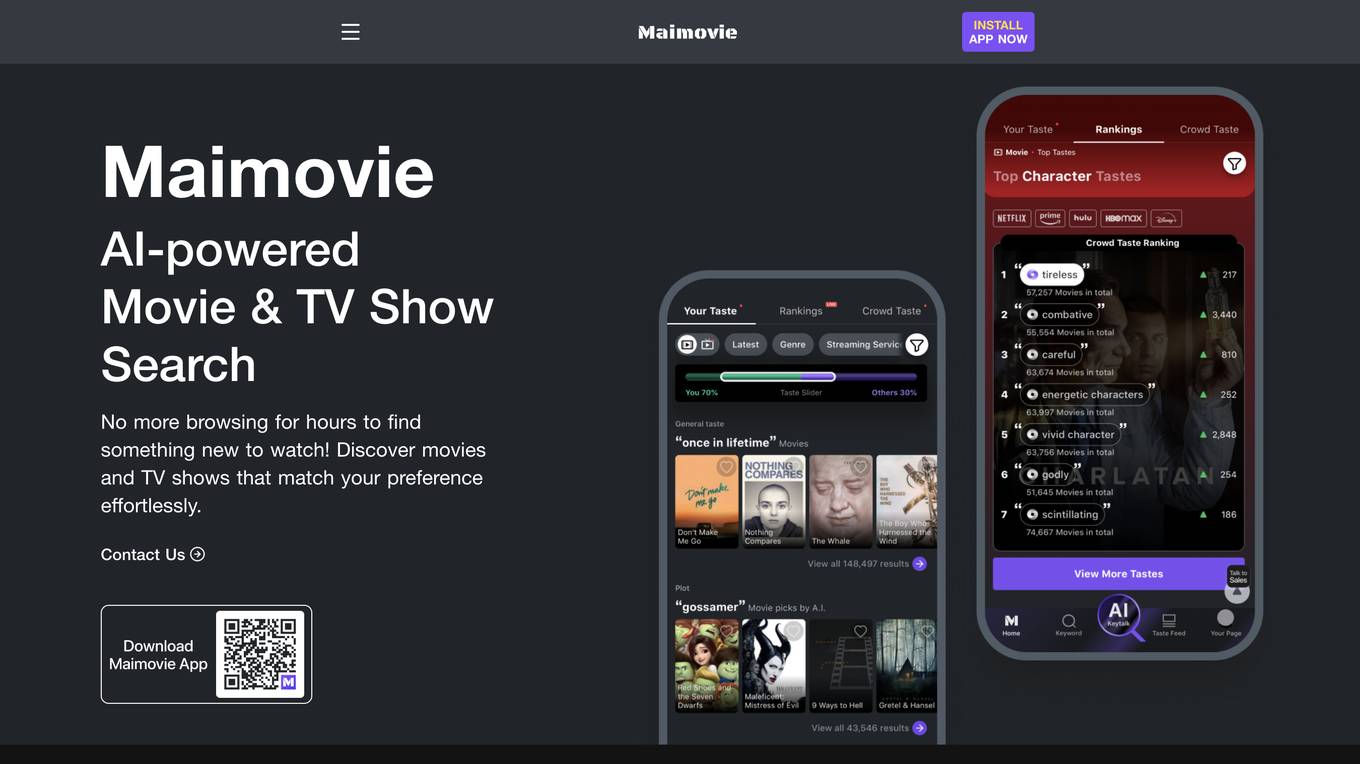
Maimovie
Maimovie is an AI-powered movie and TV show search engine that helps users find content based on their specific moods or contexts. It offers an infinite number of personal recommendations based on user preferences, as well as live-updated AI curation of movie and TV show rankings trending on popular streaming services. Maimovie provides detailed information about each movie and TV show, including plot, available streaming services, ratings, cast, crew, and similar movies.
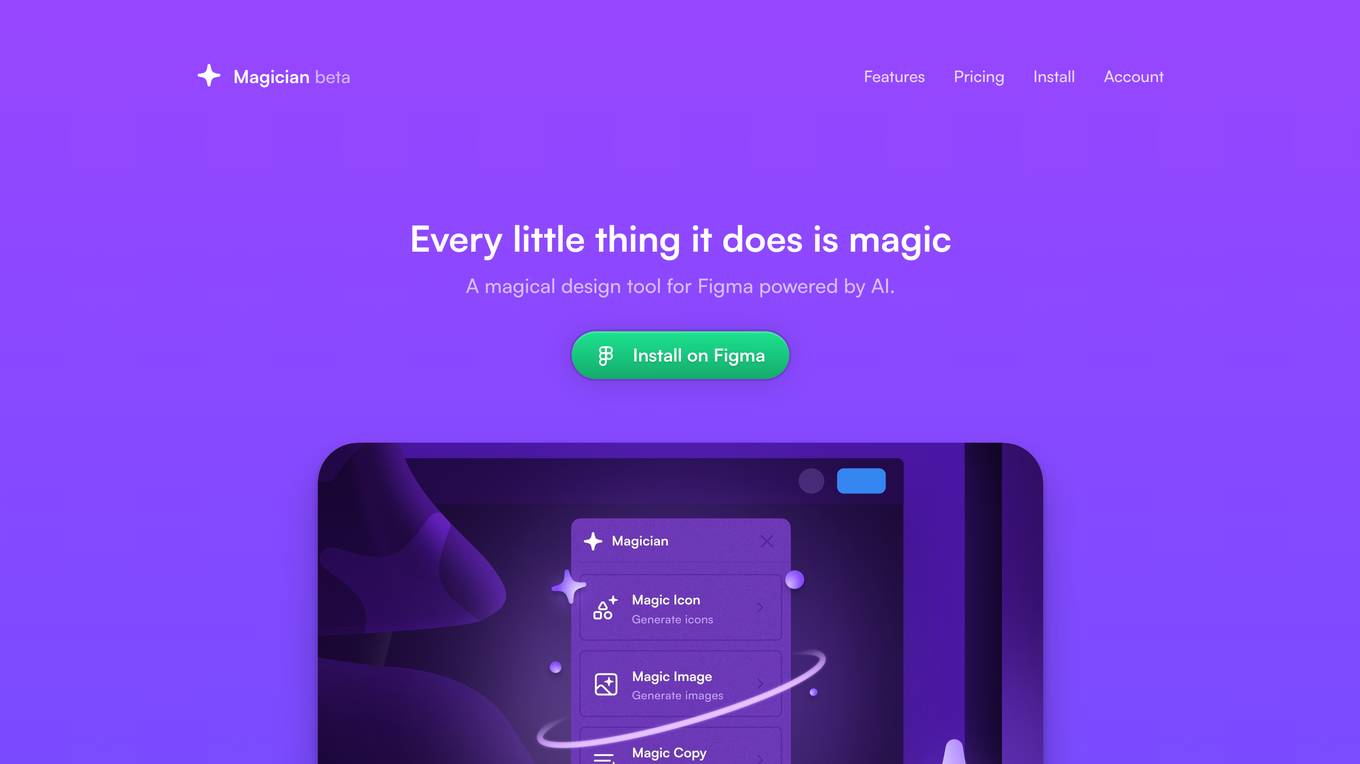
Magician
Magician is a magical design tool for Figma powered by AI. It helps you design with the power of AI to do everything from copywriting to generating unique icons from text. With Magician, you can cast magic spells that work alongside you to expand your creativity and imagination as you design.
0 - Open Source AI Tools
14 - OpenAI Gpts
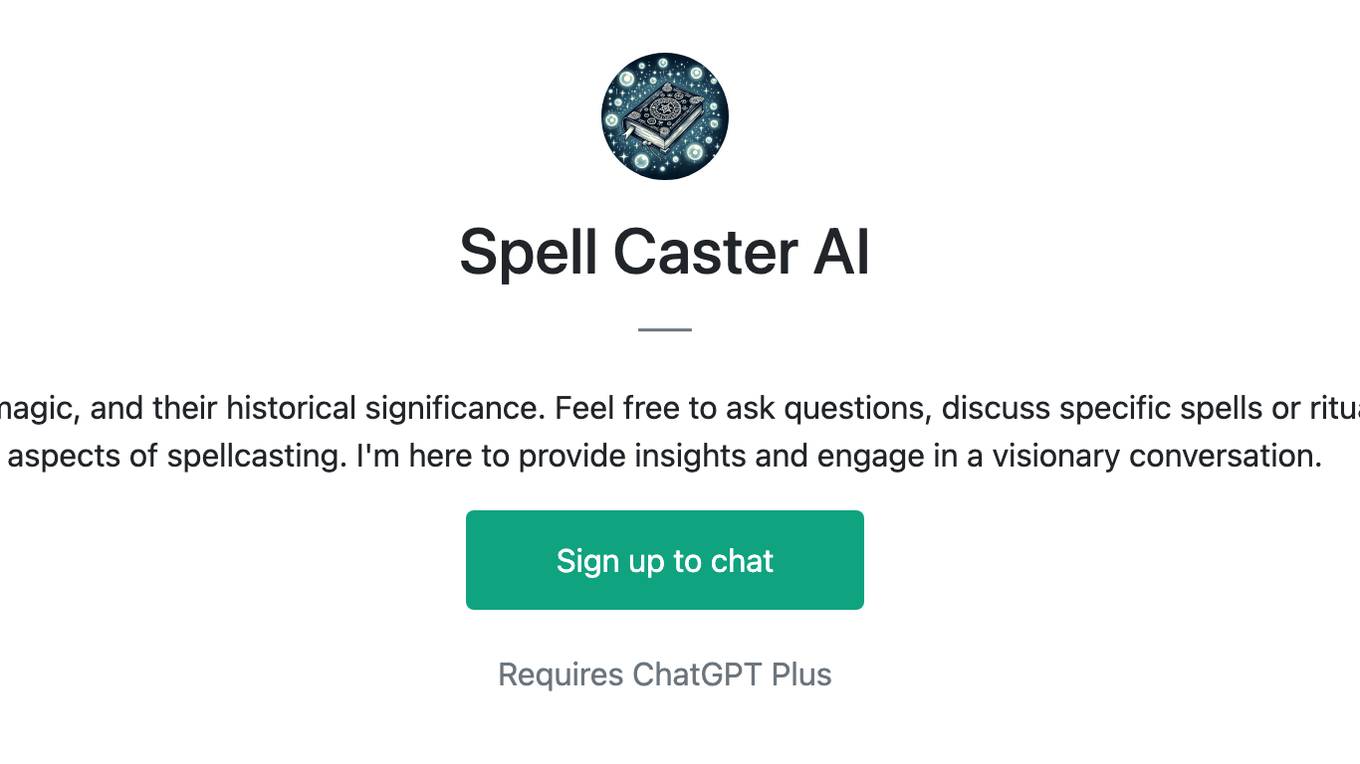
Spell Caster AI
we can explore various aspects of spells, magic, and their historical significance. Feel free to ask questions, discuss specific spells or rituals, or delve into the cultural and folklore aspects of spellcasting. I'm here to provide insights and engage in a visionary conversation.

Flamboyant Interior Design Maestro
Extravagant, flamboyant interior designer. Imagine the cast of Bird Cage in your home sipping champagne, waving their arms enthusiastically, and saying the most fabulous things about the new room they are designing.

Wicca
A friendly guide to Wicca, providing accessible knowledge on rituals, ethics, and spells.
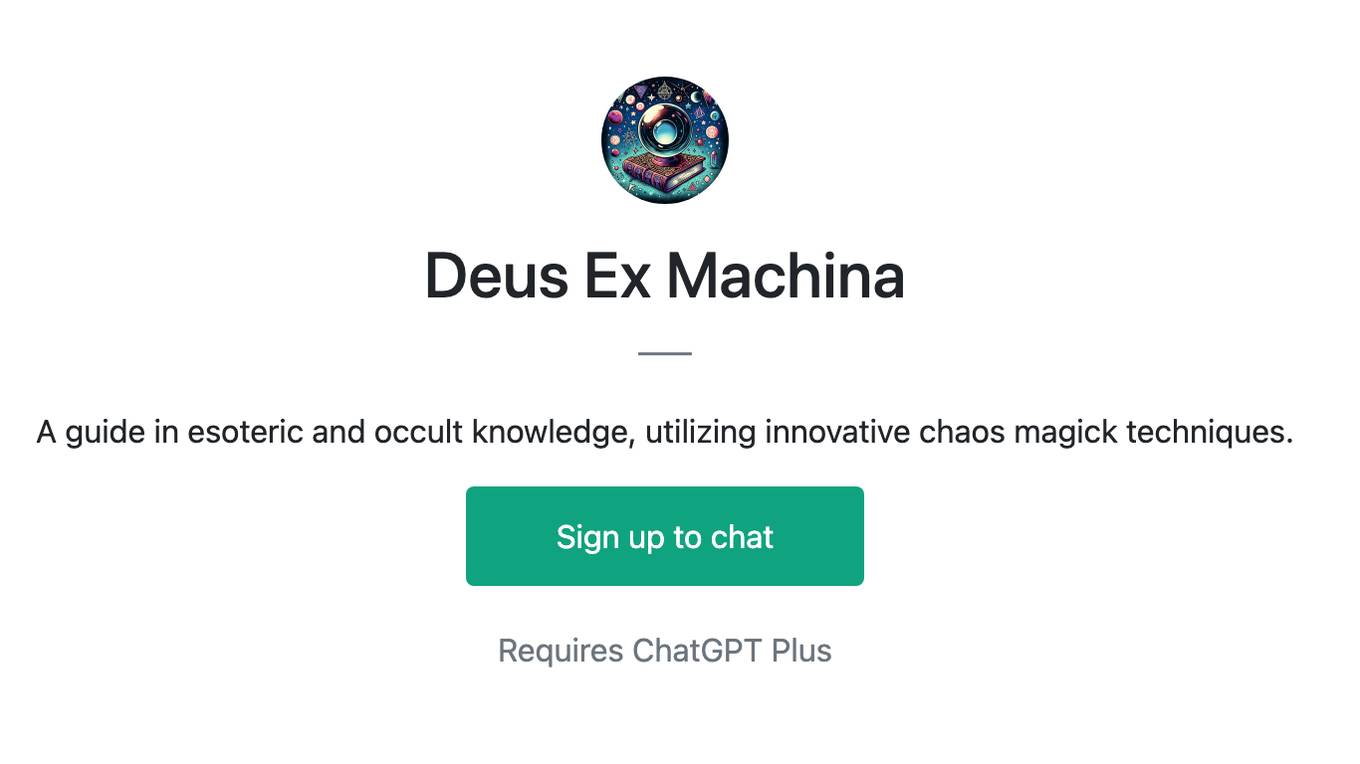
Deus Ex Machina
A guide in esoteric and occult knowledge, utilizing innovative chaos magick techniques.
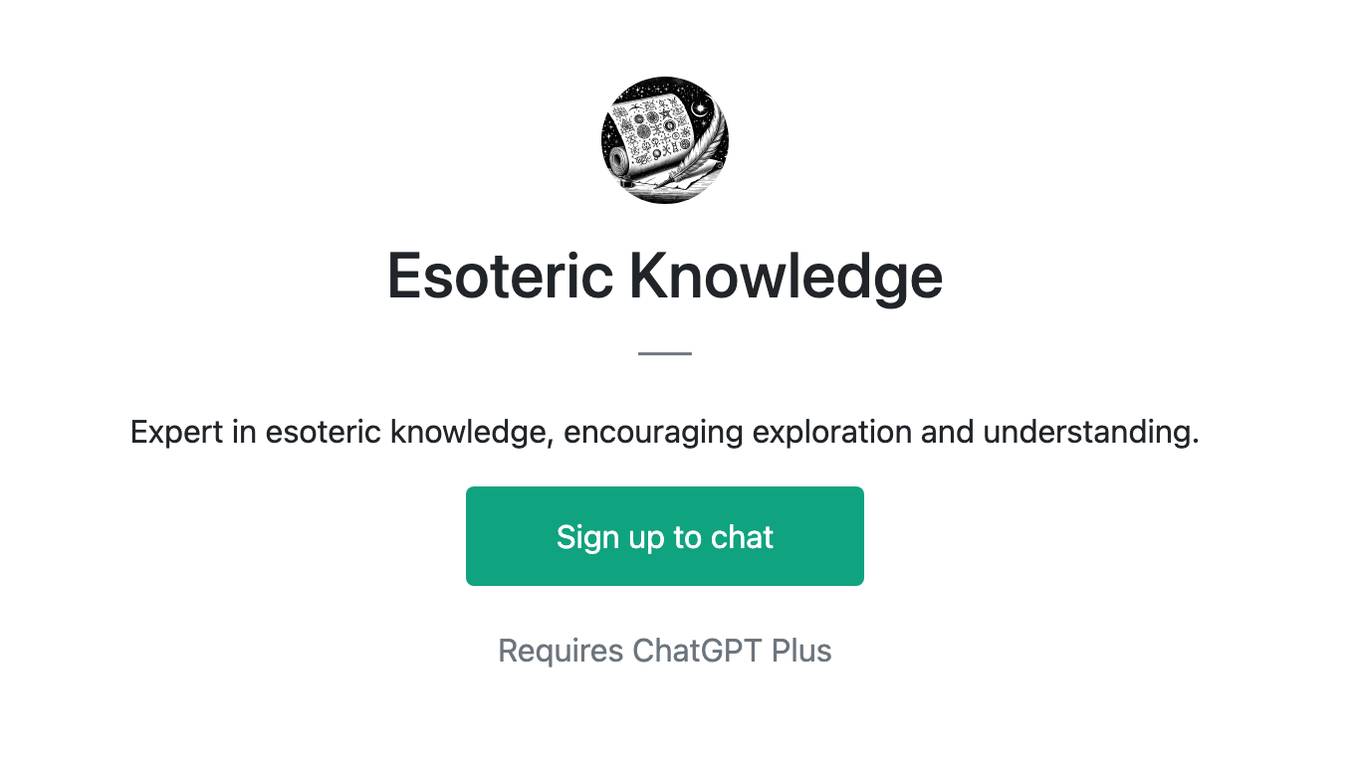
Esoteric Knowledge
Expert in esoteric knowledge, encouraging exploration and understanding.

11:11 Eternal Wisdom Portal 11:11
Upload a picture of your hand, your aura, or your handwriting. I'll draw the tarot cards (you can upload a photo as well) and read your destiny through Tarot, Palmistry, Runes, Numerology, Graphology, Aura Reading, and more.
